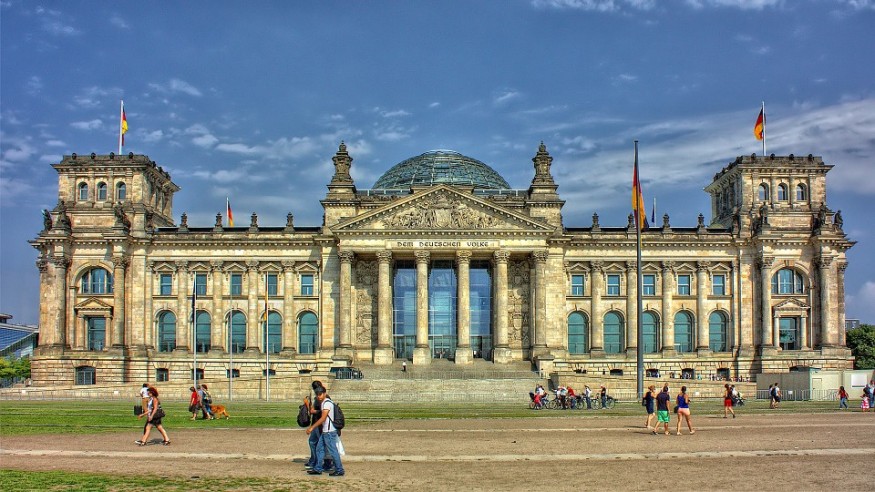
The German government has recently approved its measures to cut greenhouse gas emissions, making ready for Chancellor Angela Merkel to pass milestone climate legislation this year.
German Environment Minister Svenja Schulze announced the approval of measures—which would eventually turn into a Climate Protection Law—in her official Twitter account.
"Climate Protection finally gets binding rules, it becomes [a] law - and that is very good," tweets Schulze, acknowledging that the decision is a "very decisive step forward."
The committee decision will anyway come as a "relief" for Merkel, whose alliance of social democrats and conservatives has endured setbacks in regional elections and has been stressed by arguments on tax reforms and pension.
However, climate activists and industry groups criticized the plans as too weak to achieve Germany's goal of becoming emissions neutral by 2050.
As Merkel and her ministers met at the chancellery in Berlin, many Extinction Rebellion activists obstructed a nearby bridge on the third day of protests to press the governments to perform better in battling global warming.
In a news report, Clara Thompson, who serves as the spokeswoman for an activist group, said they bought a "plastic sea" with them to show the ocean pollution to the public. They likewise wanted to call the attention of the United Nations about the recent World Climate Report.
The UN climate scientists warned that the world must face a reality that marine life would collapse, rivers would run dry, and cities would vanish under rising seas if emissions of greenhouse gases are not reduced.
"If we reduce emissions sharply, consequences for people and their livelihoods will still be challenging, but potentially more manageable for those who are most vulnerable," Lee said in a press release.
Merkel, who was criticized for having unambitious criticism, said the climate package would include ways to monitor compliance with emission limits for various sectors.
This will allow ministries to check which sectors of the economy are meeting emissions goals and to adjust targets based on their progress. Some of the monitoring mechanisms could be modified or toughened up in the upper chamber of parliament.
The overall goal of the measures—priced at €54 billion—is to cut German greenhouse gas emissions to 55% of the 1990 level by 2030.
The German Green party, which has a strong position in the upper chamber, disapproved the plans to present a carbon dioxide cost of €10 (US$10.97) per ton for transportation and warming in buildings from 2021 and slowly increase the price to €35 in 2025.
Activists and economists expected that the starting price would be at least €40. They compared it to Switzerland, where the price is around €90 for heating with fossil fuels.
The government wants to raise the car and air traffic taxes as well as increase a road toll for trucks from 2023. It also intends to extend subsidies for electric cars and broaden a charging network.
It likewise needs to resuscitate onshore wind turbine development after it declined because of bureaucracy and residents' resistance. Working up sustainable power source limit is vital given there were plans to eliminate both atomic and coal power plants.
VDC, a green transport group in Germany, said the measures were inadequate from what was expected and criticized plans to permit a division like a car business to exchange emission goals with better-performing regions.
© 2025 NatureWorldNews.com All rights reserved. Do not reproduce without permission.





